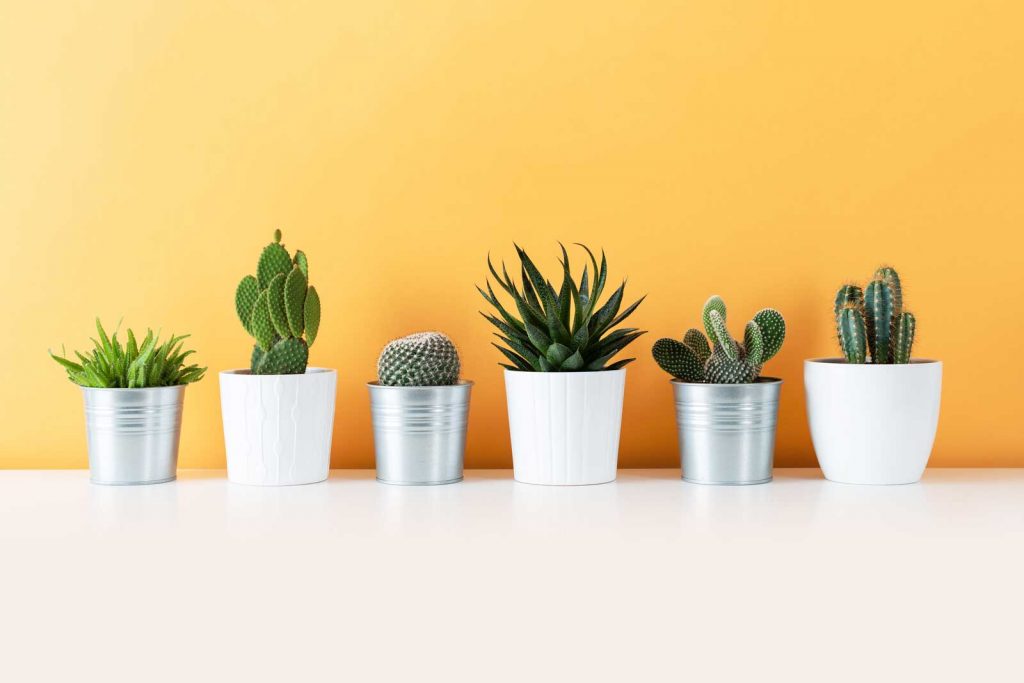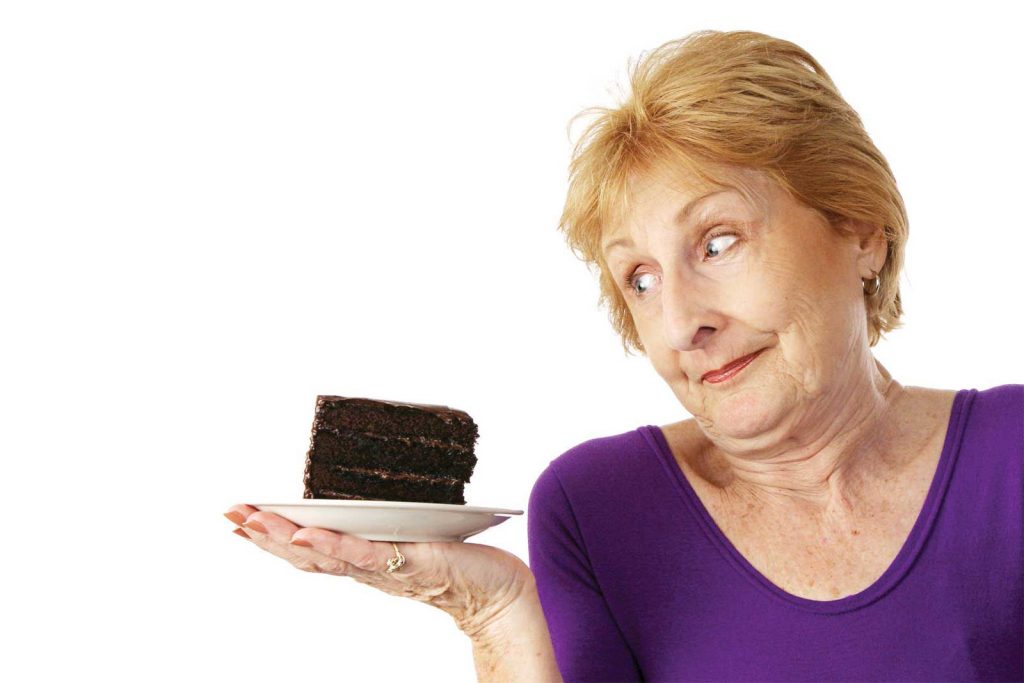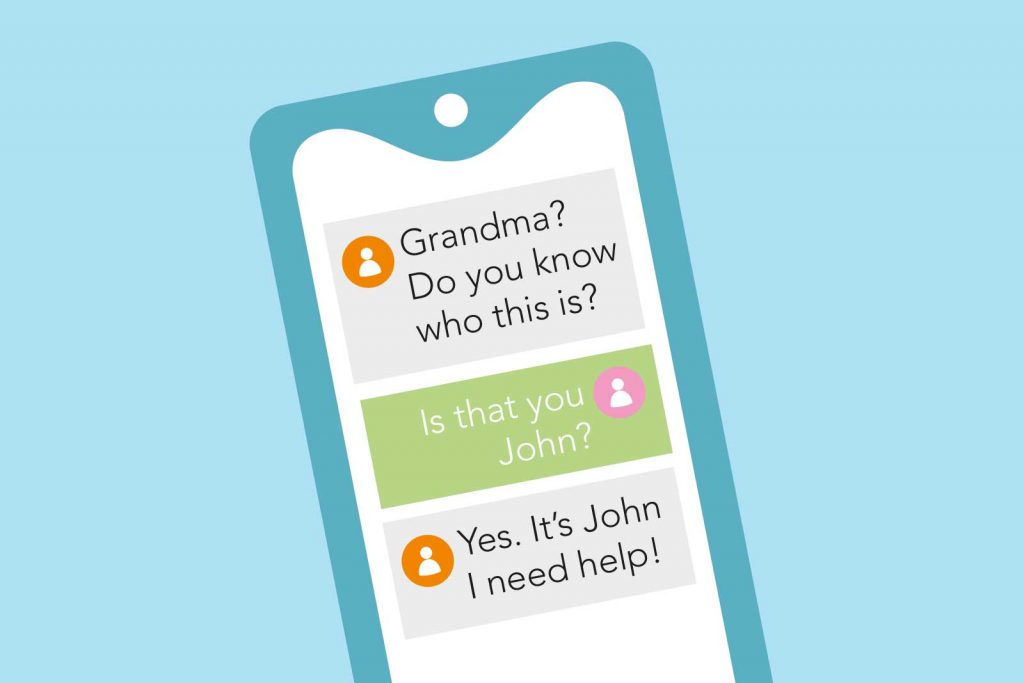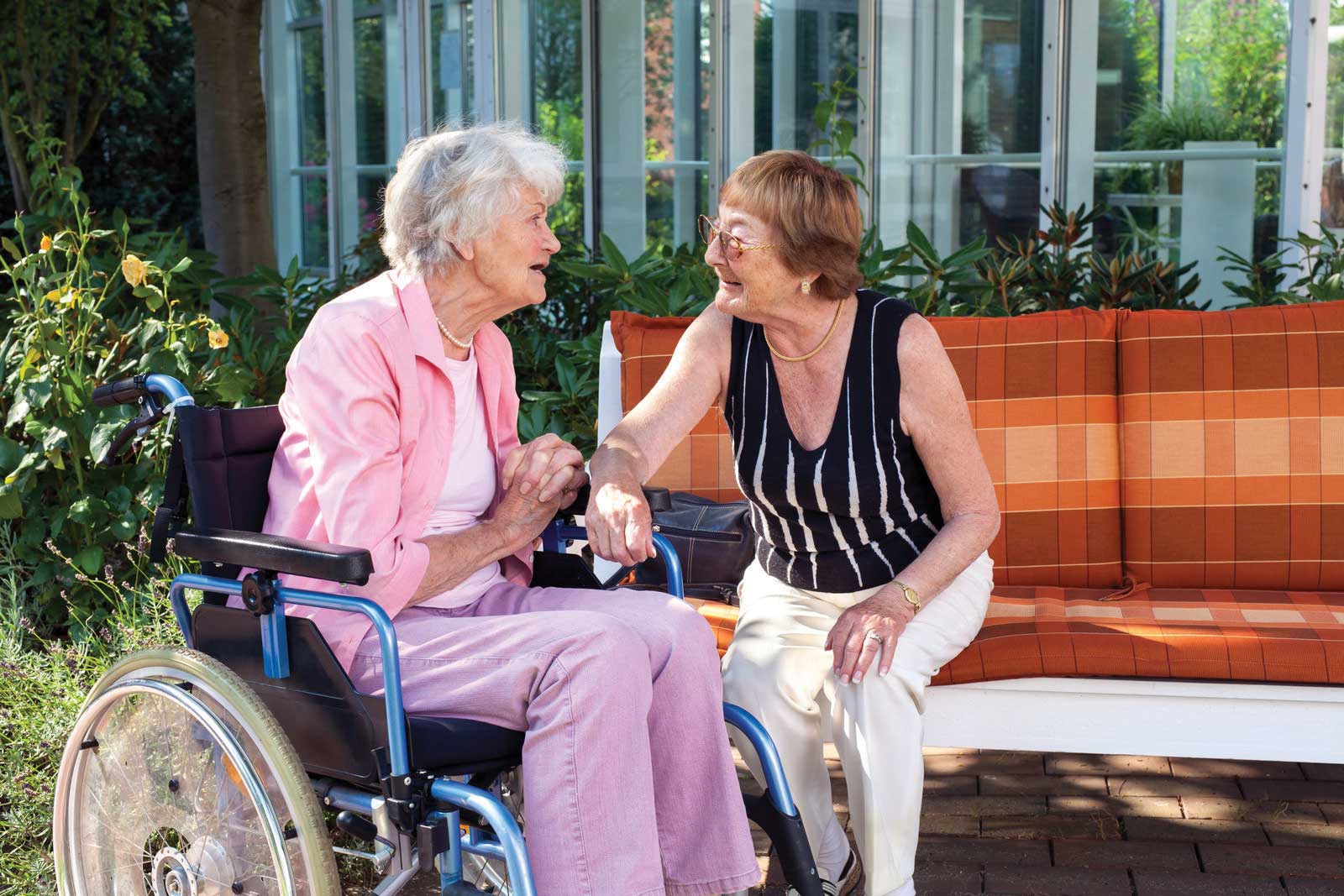Tips for non-verbal communication
• Be patient and calm.
• Keep your voice, face and body relaxed and positive.
• Be consistent.
• Make eye contact and respect your loved one’s personal space.
• Use gentle touch to reassure.
• Observe your loved one’s non-verbal reactions.
House plants that are good for you

Spider plants for moisture—Furnaces and air conditioners can sap humidity. A collection of spider plants can boost the relative humidity in a bedroom from 20 per cent to a comfortable 30 per cent.
Asparagus fern to purify air—Carpets, paint cleaners and print toner give off pollutants called volatile organic compounds (VOCs). These can irritate your eyes, skin and worsen asthma. Plants are good air-scrubbers soaking up VOCs.
Herbs for better digestion—Mint may help to tamp down bloating or gas. You can grow common varieties such as peppermint and spearmint (essential in mint juleps) in containers. Basil, another good cooking herb, can also help to calm your stomach. Try steeping the leaves in hot water.
Relax with lavender—This fragrant purple plant has been an important herbal medicine for centuries. Inhale lavender oil, massage it on your scalp for aromatherapy or boil the leaves for tea.
Aloe for first aid—Aloe can help to treat sunburns and other minor burns. It can also soothe psoriasis and other skin conditions. Juice from the aloe plant can even help you poop if you’re constipated!
Bamboo for sharper focus—Plants may help to make it easier to concentrate on your tasks and strengthen your memory. Bring home a golden pothos or bamboo palm and you just might clear that to-do list.
Flowers for faster healing—A bouquet of flowers or a potted plant as a gift in hospital can be more than just thoughtful. Researchers have found that following surgery, people might actually recover quicker if they have plants in their room. They also tolerated pain better and needed fewer medications when surrounded by greenery.
Things not to do before bed

1. Eat chocolate—Chocolate, especially dark chocolate with a high cocoa content, is a sneaky source of caffeine. It also contains the stimulant theobromine, which has been shown to increase a person’s heart rate and sleeplessness.
2. Skip your wind-down time—Take 30 minutes before you head into your bedroom to put away anything that’s too stimulating, thought-provoking or absorbing. Focus on activities that relax you and bring closure to your evening, such as making a to-do list and packing a bag for the next day.
3. Eat spicy or fatty foods—Having a large meal too close to bedtime can make falling asleep uncomfortable, especially if you’re bloated or painfully full. Spicy and fatty foods can be particularly risky.
4. Chug lots of water—The best strategy for staying hydrated is not to drink a huge glass of water at night or to sleep with water by your bed. Instead, drink plenty of water throughout the day—and be sure to use the bathroom before you head to bed, even if you don’t feel as if you have to.
5. Turn up the heat—Turn the thermometer down slightly before bed for a better night’s sleep.
Having a bedtime routine signals to your brain that it’s time for bed!
The Grandparent Scam

How it works
A call starts with “Grandma? Do you know who this is?” Thinking it’s their grandchild, victims will say “Yes. I know it’s you John.” The caller now has a first name they will start using to gain credibility. The scammer will now ask for money because they were in a car accident or they’re under arrest and in jail in another city or country. Sometimes they’ll put another person on to act like a police officer, bail bondsman or lawyer. The victim will draw funds from their bank account and wire money to the “grandchild” to help.
How to Avoid it
Never offer information asks. If someone asks “do you know who this is?” simply say no.
Press your caller for details and ask them to repeat their story.
Ask questions that your real grandchild could answer but an impostor could not. After you hang up, verify the story by calling the parents of the “grandchild”.
Never wire money to someone under uncertain conditions as it’s nearly impossible to trace.
Never provide your credit card number over the phone or web unless you are sure the funds request is legitimate.
If you think you’re a victim, call your local police. Remember, this is not your fault.
Man-up for better health

• Men who drink five tall glasses of water a day are 54 per cent less likely to suffer a fatal heart attack than those who drink two glasses or fewer daily.
• Light drinkers—those who have one to two alcoholic drinks a day at most—have a lower risk of a heart attack than heavier drinkers.
• Climbing at least 50 stairs or walking five city blocks each day gives men a 25 per cent lower risk of a heart attack versus those who do less.
• Men who sleep for seven or eight hours a night have a 60 per cent lower risk of a fatal heart attack than those who sleep for five hours or less. They also have an 80 per cent lower risk than those who sleep for nine hours or more each night.
• Quitting smoking reduces the risk of erectile dysfunction by 30 per cent after just one year. Men who have never smoked are at a 50 per cent less risk of developing erectile dysfunction than current smokers.












